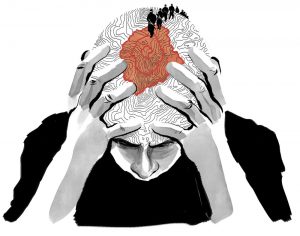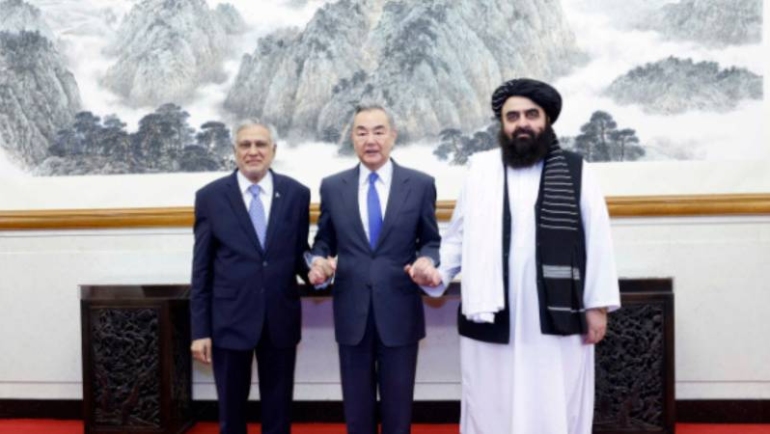Newspaper Article 13/03/2018
The universe is based on balance; each star, planet keep the right path to keep the gravitational balance. The body of a human, an animal too is based on balance. The mind is the most important organ which balances the rest of the human body and gives the right signals to the organs, in case of injury to the brain, the body organs behave in an abnormal way, and it is chaos all around. Other than the physical injury, the brain can lead to chaos, in that case, a misguided brain can take unusual steps to create chaos. Such a situation is what may be called a radicalized person. This may happen due to a sudden event or a process of teachings. Humans as a group can start destabilizing a society; this is what we ought to balance ourselves so that we create a society which is useful to itself and not where group or individuals are out to kill or breakup. Such radicals have authority and power to dominate everyone around them. Such individuals may be radicalized through their beliefs or the events they may having gone through or yet again by brain washing; wherein they may be convinced that what they are doing is correct.
The term Radicalization is often linked with extreme behaviours, and religious sentiment. The argument that the conflicts world over have spawned a culture of fanaticism cannot be denied altogether. The unjust practices when it comes to the right of self-determination in Jammu and Kashmir, and the brutal force employed to suppress the call for justice has prompted extremist tendencies. While labeling a thought as ‘radical’, the societal aspects and their behavioural impact need to be looked into it. People who suffer discrimination when week, upon assumption of power react, and their reaction is targeted towards a certain group/or class. The unjust practices, social/political alienation and economic deprivation are the prime causes behind radicalization. However, there have been instances where the educated and elite have also resorted to violence. In either of the case, the element of discrimination or disenfranchisement is being exploited. According to Marc Sageman Counter Terrorism Practitioner’s Radicalization Model, the radicalization process involves four stages – pre-radicalization, self-identification, indoctrination, and extremism. In the pre-radicalization stage, the individual lives an ordinary life and has not yet accepted the radical ideology. In the self-identification stage, the individual begins to explore the extremist ideology. In the indoctrination stage, adherence to the radical views is intensified, usually under the direction of an ideological leader. Finally, in the extremism stage, individual willingly accepts and carries out the assigned task. Thus, an extremist can be indoctrinated to become a terrorist. Whether, radicalism is a precursor to violence or not is debatable. However, not every radical is a terrorist but the radical views can lead to violence.
Radicals are part of the society, their behaviour is not inborn, rather, the circumstances make them the way they are. An individual born in a society grows to be a radical while another person turns up to be a balanced individual. Both the individuals have grown up in the same society, but their behaviours are in sharp contrast. Does this mean that the society offers different values and it is the individual’s choice to make the best out of it. But how? A student who graduates from a madrassa lives a different life than the one who studies in a school. Both are from the same society but their schooling has moulded their thinking, both are likely to follow different (rather contrasting) approaches. Who should be called a radical? a madrassa student unable to find a good job vis-à-vis other professionals, or an individual qualified but jobless. In both the cases, it is the system defining the path, the madrassa student lack of access to school education limits the job options, while the one who had the opportunity to study in professional college also finds it difficult to get a job, there the lack of merit and nepotism comes into play.
To make the society violence free and balanced, there has to be a strong justice system. The long term and short term solution should also involve the psychological and behavioural aspects. However, as an initial measure a strong force must be there to thwart the chaos creating individuals. The media, mosque and all other organizations should propagate ‘balance’ a way of life and joy. Schools should teach the children that happenings and balance go hand in hand and extremism is not the norm to be followed. It should be taught that failing an exam should not be a source of anguish, improvement can be made through practice and work. Thus, a balanced approach adopted at schools will set standards achievable by all, and nobody will be left out in the race.
A version of article appeared in Pakistan Observer dated February 25, 2018
[Disclaimer: The views expressed in the article are of the author and do not necessarily reflect the policy of Institute]



